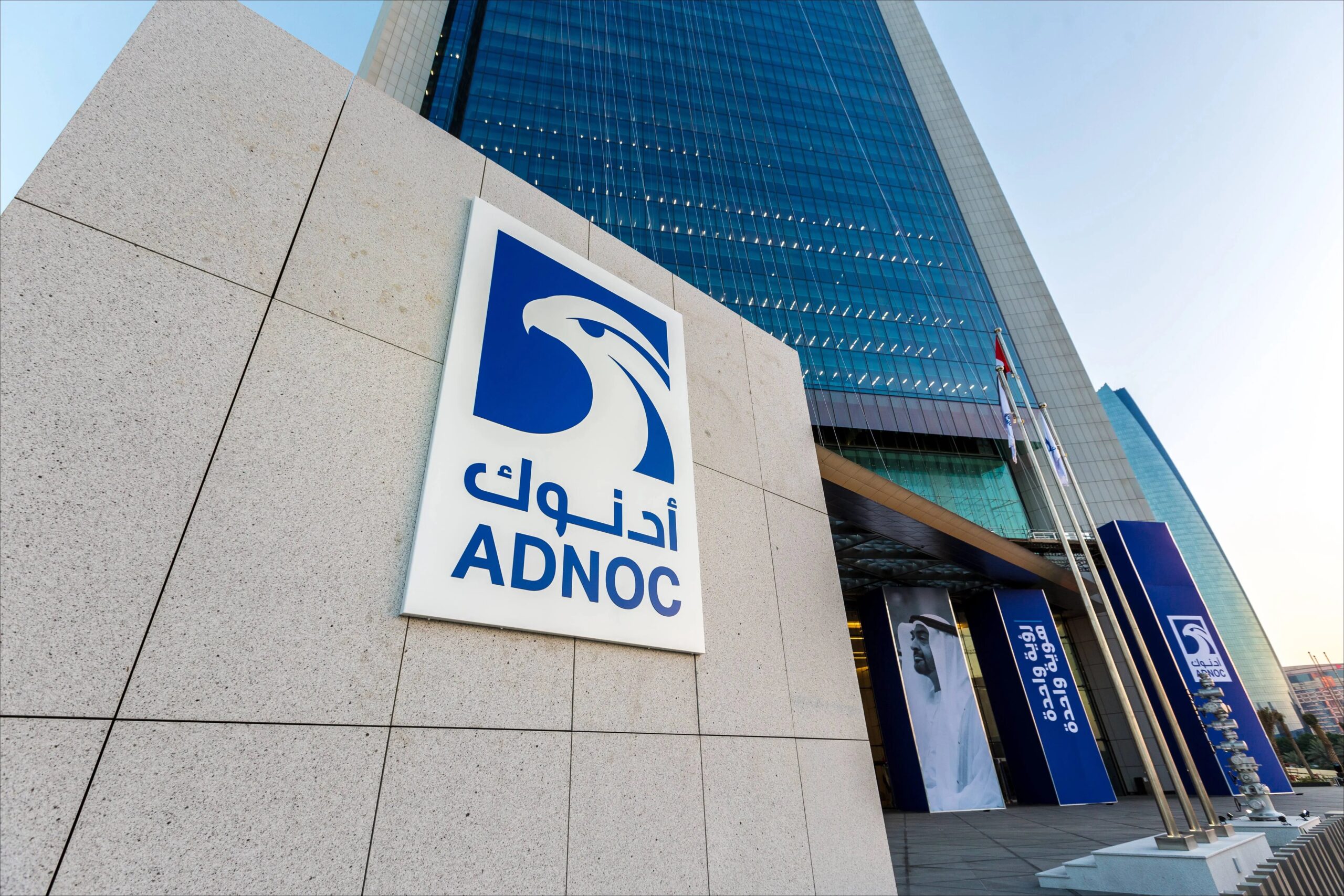What’s next for the Saudi Arabia-Trump relationship?
Even Trump’s critics concede that, from the very start of his leadership, the U.S. has undergone a transformative revolution marked by significant changes
By Abdulrahman Al-Rashed
Under President Donald Trump’s leadership, even his critics acknowledge that the United States has experienced a wave of significant changes from the very start of his presidency. While not all of his promises have been fulfilled literally, the transformation he has initiated is undeniable. What sets this presidency apart is that Trump represents more than just an individual leader; he embodies a broader movement. He entered the White House prepared, armed with clear objectives, administrative expertise, and strong public support for his proposals. This unique momentum has made his presidency revolutionary, distinct even from his first term.
In our region, we have gained a deeper understanding of Trump’s approach. He has expressed a clear commitment to achieving peace between Palestinians, Arabs, and Israelis. On Iran, his strategy offers two paths: reconciliation and the cessation of nuclear activities, or confrontation. He has also pledged to address the Syrian conflict, including Turkiye’s military presence, and vowed to support “Iraqi sovereignty” by curbing Iranian-aligned militias, paving the way for a potential withdrawal of remaining U.S. troops. In Yemen, Trump targeted the Houthis by reinstating their designation as a terrorist organization, a decision his predecessor Joe Biden reversed in 2021 without following through on threats to reapply it despite continued attacks. Trump’s stance is clear: the Houthis must cease hostilities if they want their removal from the terrorism list.
Trump’s relationship with Saudi Arabia is particularly notable. During his previous presidency, he maintained a close connection with Crown Prince Mohammed bin Salman, choosing him for his first phone call to a world leader and planning subsequent visits to the Kingdom. He announced ambitious economic agreements during these visits, valued between $450 billion and $500 billion. For Trump, economic diplomacy is central; he communicates in terms of market language — profits and losses. He has consistently framed economic partnerships with the U.S. as opportunities for mutual gain, while emphasizing the risks of being excluded from trade with the U.S. Last month, the Chinese Foreign Ministry echoed a similar sentiment, highlighting the mutual benefits of U.S.-China economic ties, with China holding $700 billion in U.S. investments.
During Trump’s first term, his visit to Riyadh coincided with the launch of Saudi Arabia’s Vision 2030, leading to agreements on significant projects. While some of these projects faced hurdles due to U.S. legislative constraints or other considerations, many were implemented through long-term installments, yielding profitable investments over time. The Riyadh-Washington partnership has always been strategic rather than situational. Even President Biden, despite lacking strong personal ties or immediate economic deals, pursued strategic cooperation with Saudi Arabia, including discussions of a defense agreement. With Trump, however, the relationship is expected to grow even closer and warmer, as Crown Prince Mohammed bin Salman has cultivated a strong rapport with him, finding him to be a dependable ally.
Beyond economics, Trump’s ambitions include a major initiative for regional peace — one that transcends monetary value. He remains committed to pursuing a two-state solution and the establishment of a Palestinian state. His vision for peace and stability in the region highlights his exceptional drive and big-picture thinking.
For our region, aligning with Trump and securing his support is crucial. His unique leadership, bold aspirations, and proven reliability make him a pivotal partner in addressing our most pressing challenges and opportunities.
More From “Opinion”

Five key growth opportunities for the GCC’s industrial sector in 2025

UAE raises concerns over EU’s inclusion on dirty money ‘Black List’

Opinion: what are the relations between Egypt and the new Syria?

What’s next for the Saudi Arabia-Trump relationship?

5 key trends shaping the UAE in 2025

Analyst: GCC is set to push global sukuk issuance to $200bln in 2025

Middle East reacts to Trump’s return: hopes and concerns

Egypt maintains distance from Syria’s new leadership

UAE economic outlook: promising growth ahead for 2025

GCC trade agreement: a vital boost for the UK’s economic recovery

What lies ahead for Saudi Arabia’s relationship with Trump?

Analysis: UAE aims to shake up world order as oil trading centre


